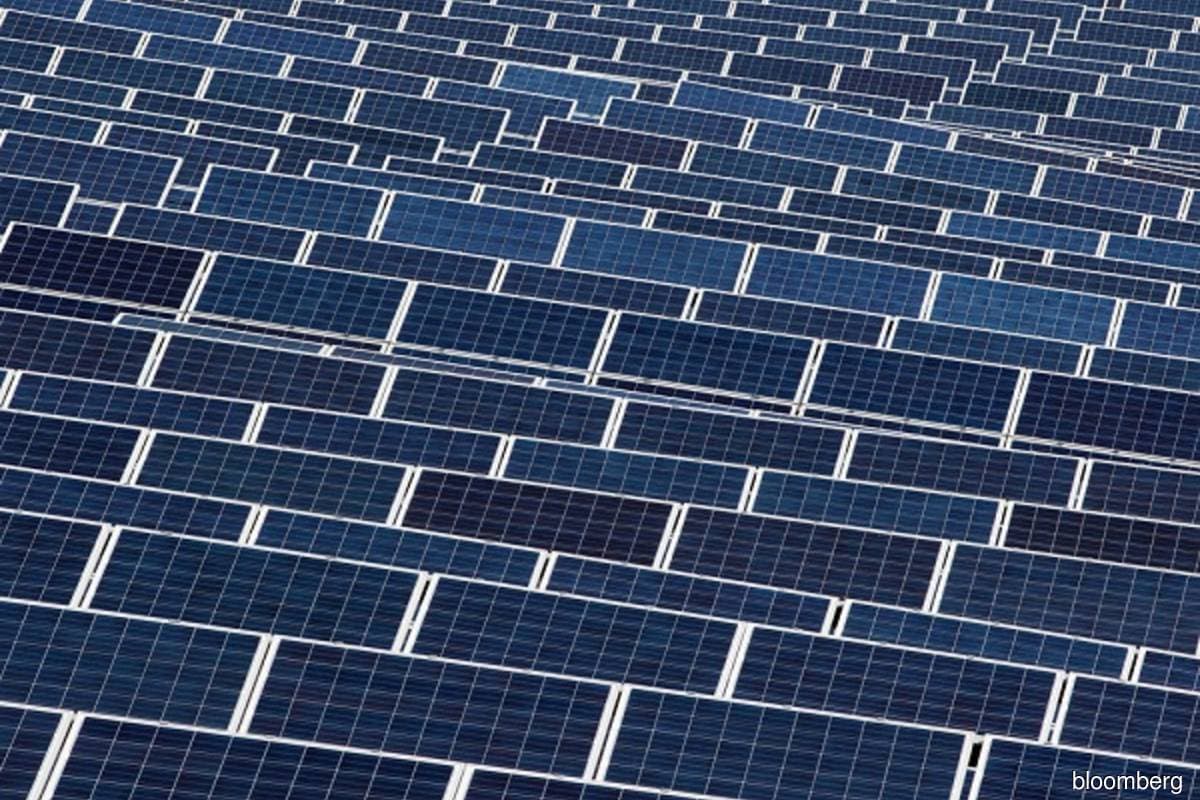
KUALA LUMPUR (April 17): Malaysia intends to export up to 300MW (megawatts) of renewable energy (RE) to Singapore using all the remaining capacity of an existing power line that connects to the city state that is known simply as the Malaysia-Singapore power interconnection, according to the guide for cross-border electricity sale of renewable energy sources (CBES RE) published by the Energy Commission (EC).
The guideline, published on Monday (April 15), also confirmed that the Single Buyer is the authorised operator of the newly set up Energy Exchange Malaysia (Enegem), the platform for the sale of green electricity to Singapore and Thailand.
So producers of RE from solar and hydro plants can sell the power generated to the Single Buyer via power purchase agreements. The Single Buyer will then sell it to Singapore-licensed retailers or power generation companies via an auction process on Enegem.
“The Single Buyer is responsible for all operations and initiatives related to the CBES RE scheme, which includes but are not limited to the procurement and sale of renewable energy, implementation (of the) auction process, scheduling, settlement, and issuance and redemption of RECs (RE certificates) related to the CBES RE scheme,” the guide said.
It will be interesting to see the bids put forth by interested RE importers, and the final pricing to be set by Enegem.
Malaysia’s System Marginal Price (SMP) — the price of the most expensive marginal generator or plant needed to supply power to balance the market — averaged 20.46 sen/kWh (kilowatt-hour) from Jan 1 to April 8 this year. The fourth installations of the large-scale solar (LSS) projects, which started to come online last year, had tariffs between 17.68 sen to 24.81 sen/kWh. In Singapore, regulated electricity tariff stands at S$0.2979/kWh before GST (RM1.046/kWh) for 1H2024.
Meanwhile, LSS5 bids were opened this month, totalling 2,000MW.
Any net profits from the exports are channelled to a government fund set up to facilitate energy transition for the electricity sector, the guideline says. This means the profits will go to neither the RE plant owners, nor the Single Buyer.
This may change, however, if the government moves forward with wheeling charges (toll charges to use Tenaga Nasional Bhd’s (TNB) grid to send electricity to other third-party buyers). It is understood that TNB and the EC are now looking into the wheeling charges, ahead of the Regulatory Period 2025-2027 (RP4) mechanism announcement scheduled at the end of this year.
The maiden RE export will be kick-started with a pilot auction of 100MW of RE to Singapore, as announced by the Ministry of Energy Transition and Water Transformation on Monday (April 15).
The pilot scheme is open to RE bidders who hold an electricity generation and/or retailer licence in Singapore. There are currently 35 entities holding such licences, according to Singapore’s Energy Market Authority (EMA) website.
This means the auction is not limited to Malaysian companies. However, the bidder shall adhere to the "registration and auction process", which includes furnishing a commitment bond as determined by the Single Buyer in the invitation to bid documents, according to the guideline.
The cap of 300MW matches the excess capacity in the existing 1GW (gigawatt) Malaysia-Singapore power interconnection. TNB signed a memorandum of understanding (MOU) with Singapore Power last year, to conduct a feasibility study on setting up a second interconnection.
It is unclear how much excess green electricity is currently available from the pool managed by the Single Buyer to be exported.
Aside from exports, Malaysia also plans to supply RE domestically, to interested customers that subscribe to the Green Electricity Tariff (GET) totalling 6,600GWh (gigawatt-hours), with the subscription application set to open from May 3 to May 31.
There are still questions to be answered
The Single Buyer, an entity mandated to conduct electricity planning and procurement for Peninsular Malaysia, is currently ring-fenced within TNB.
Former energy minister Nik Nazmi Nik Ahmad had revealed last year, plans to carve it out of TNB, to ensure market confidence that the exchange is operated as an independent entity. It is unclear if the carving out will happen prior to the RE exports pilot programme.
Meanwhile, Singapore-licensed electricity retailers and wholesalers currently buy electricity through Singapore’s own electricity exchange, operated by the Energy Market Company, or EMC. EMC is 51%-owned by the EMA, which is Singapore’s power system operator responsible for Singapore’s power system planning.
As these retailers are now taking part in an RE auction process on Malaysia’s Enegem, it is unclear how the settlement process will be.
Aside from Singapore, Malaysia is also open to export RE to Thailand, subject to the availability of an interconnection, the guideline said.
Terms for a 21-year-old 300MW high-voltage direct-current link between Malaysia and Thailand are scheduled to end in 2027. The Malaysian government allows exports of both fossil fuel and RE-based electricity to Thailand, but the power plant developer needs to build a dedicated interconnection themselves.

